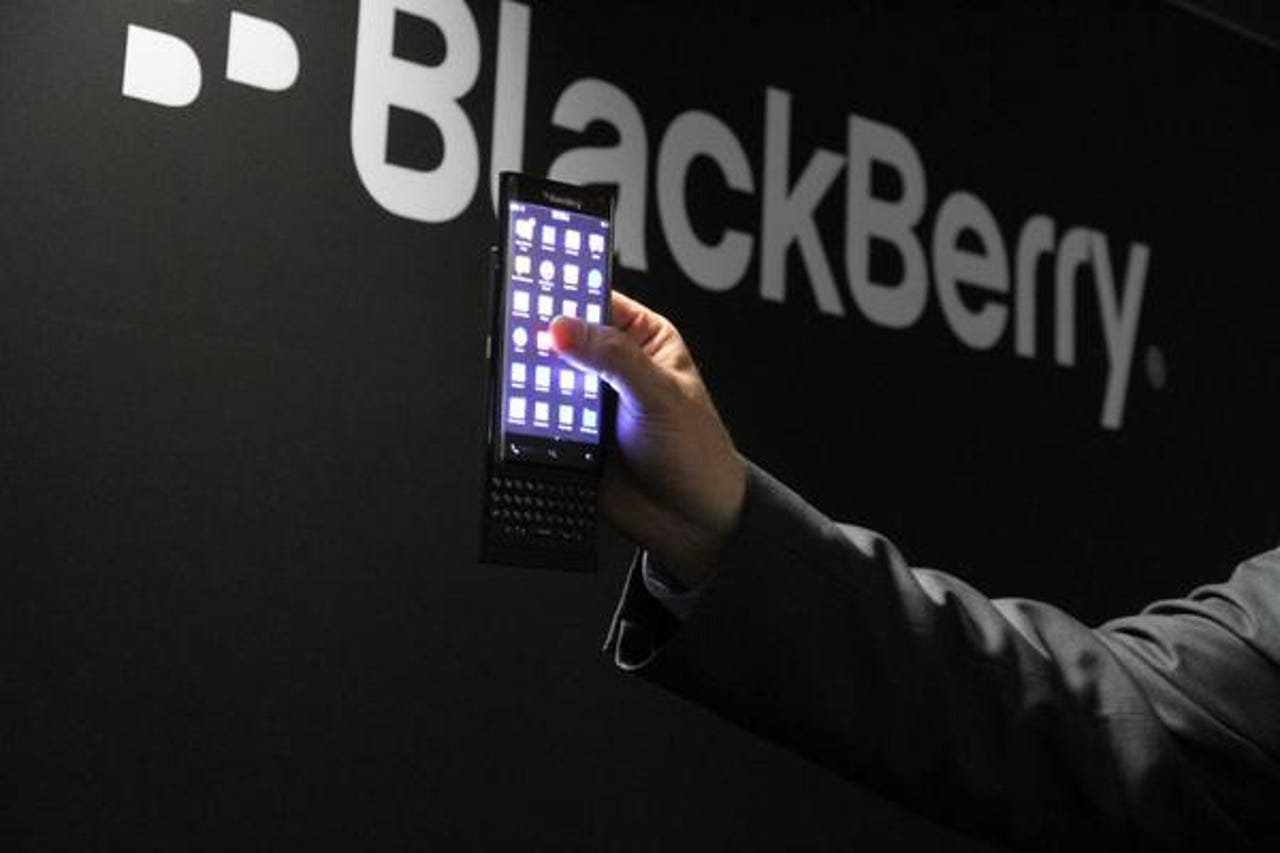BlackBerry has nothing to lose, so why not try out Android?

Were BlackBerry to make the rumoured Android slider phone, and it was a total bomb in the marketplace, what would be the downside?

Following years of successive failure and disappointment from the former golden child of Ontario, what would be the impact of creating one more handset that never quite made it?
After years of consumers ignoring BlackBerry 10 (BB10) devices like the plague, why not shake things up a bit and see if there are any Android users out there who would like a return to a hardware keyboard?
Die-hard fans may see heresy in the above three questions, but after trying to take the world by storm with BB10, no matter how many times and different ways the company formerly known as Research In Motion asks the question, consumers are not listening.
Should an Android-based BlackBerry handset ever appear, it makes sense to go after the market segment where its footprint is lightest.
Featured
The fact that the BlackBerry 10 operating system arrived with an Android environment based on the freely available Android Open Source Project (AOSP), and even bundles in the Amazon App Store nowadays, shows that BlackBerry knows its main problem -- giving its users access to apps that are not available on its QNX-based BB10.
Therefore, it makes sense to remove the layer in the way, BB10, and go wholesale on Android for the mass market.
It wouldn't be the first time that a handset maker that appeared otherwise inseparable from its operating system of choice had diversified into Android, with Nokia taking the plunge early last year before it was subsumed into Microsoft.
Nokia showed it was possible to take AOSP, skin it, and fill in the gaps made by not being able to use Google's services and apps -- in Nokia's case, Google services were replaced with their Microsoft equivalents. For BlackBerry, its own services, interactions, and apps could easily drop in, especially when some are already available on Android.
There's no technical reason why BB10's gesture navigation and hub-based interactions could not work on Android.
In an interview with Bloomberg late last year, BlackBerry CEO John Chen said the company's strategy is to focus on end-to-computing for the enterprise.
The enterprise, and especially the government sector, is one area where BlackBerry continues to hold some ground. This is where the company's forte of device management and security really comes into play, and where BB10 and the BlackBerry Enterprise Server can exploit their niche.
Letting an Android slider phone loose on the world would not challenge BlackBerry's prized enterprise sanctum -- and, who knows, if a latent population of Android users are hankering for proper BlackBerry hardware keyboard, they could even ship a few million units. What a turn of events that would be.
ZDNet's Monday Morning Opener is our opening salvo for the week in tech. As a global site, this editorial publishes on Monday at 8am AEST in Sydney, Australia, which is 6pm Eastern Time on Sunday in the US. It is written by a member of ZDNet's global editorial board, which is comprised of our lead editors across Asia, Australia, Europe, and the US.
Previously on Monday Morning Opener:
- Why Apple's quiet romance with the enterprise is on, but still needs work
- Enterprise startups: Is the fun about to end?
- Can Windows 10 save the PC?
- Three big questions the new Microsoft needs to answer
- Two types of fear, or how to win in the next stage of the cloud
- Apple Watch: When will it become a power tool for work?
- Can Samsung resharpen its edge against the competition?
- Microsoft and Apple are killing the password: Thumbs up to that